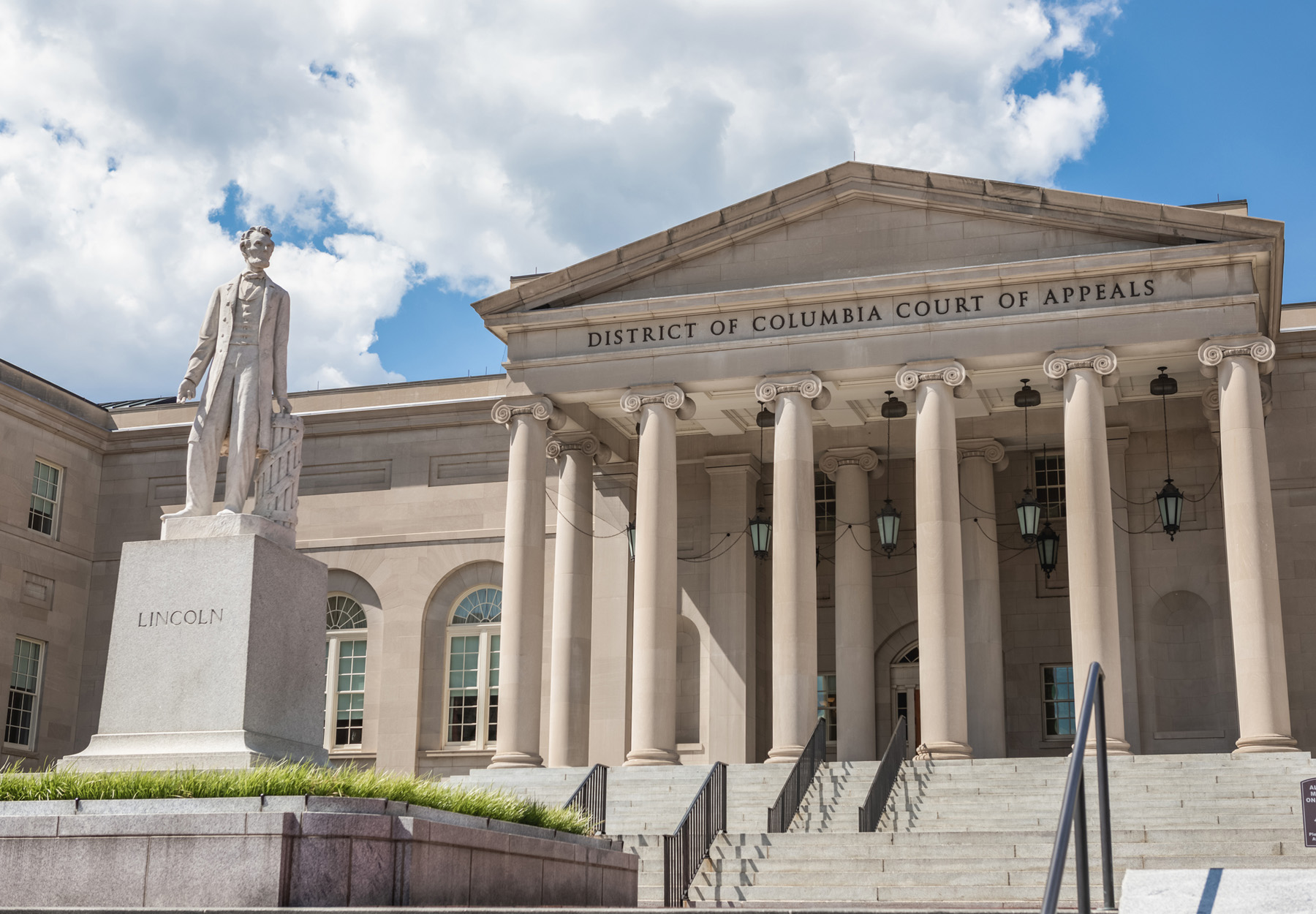Federal Court Calls PAMA Rule “Arbitrary,” but Refuses to Strike It Down
D.C. Circuit Court of Appeals agrees with lab industry that CMS got Medicare lab pricing all wrong, but says it’s unable to intervene.

The walls are closing in on the US Centers for Medicare & Medicaid Services (CMS). Last June, the influential and bipartisan Medicare Payment Advisory Commission (MedPAC) told Congress that the agency got Protecting Access to Medicare Act (PAMA) Medicare lab pricing all wrong. And now the D.C. Circuit Court of Appeals has come to the same conclusion. Meanwhile, Congress is close to passing legislation that would end the PAMA pricing reign of terror once and for all.
The “Applicable Laboratories” Fiasco
In 2014, Congress passed the PAMA law mandating that Medicare Part B pay the same prices for lab tests that private payors pay. The legislation entrusted CMS with the task of devising a reporting scheme enabling the government to collect the pricing data from “applicable laboratories,” necessary to determine the local market rates for particular lab tests for purposes of establishing the Medicare Part B Clinical Laboratory Fee Schedule (CLFS).
But a not-so-funny thing happened on the way to market parity. The CMS 2016 Rule defined “applicable laboratories” subject to PAMA price reporting by the National Provider Identifier (NPI) number they use to bill Medicare. But hospital labs generally bill under the hospital’s NPI and don’t have an NPI of their own. And in effectively excluding hospital outreach labs, the 2016 Rule ensured that PAMA rate-setting would be based exclusively on price data of freestanding, physician office, community, and other NPI labs that lack the bargaining clout of hospitals and thus receive lower reimbursements from payors. First implemented in 2018, the PAMA-based CLFS has artificially deflated lab prices and threatened the financial survival of independent labs across the country.
Federal Court Backs ACLA in PAMA Lawsuit
The American Clinical Laboratory Association (ACLA) has led lab industry opposition to the 2016 Rule, exerting efforts across a number of fronts. On December 11, 2017, the ACLA filed a lawsuit in federal court challenging the agency’s PAMA rate-setting methods as arbitrary, capricious, and ultra vires, i.e., beyond its authority under the statute.
After yo-yoing between the district and appellate court on procedural grounds, the ACLA scored a victory on the merits on July 15 when the D.C. Circuit Court ruled that the 2016 Rule is indeed “arbitrary and capricious” because it doesn’t “reasonably explain” the agency's use of NPIs to identify lab revenue. PAMA’s definition of “applicable laboratory” as one that receives a “majority” of its Medicare revenue from the CLFS and Physician Fee Schedule would include hospitals without NPIs that the CMS definition excludes, the court reasoned. As a result, CMS “failed to consider an important aspect of the problem” addressed by the PAMA legislation, namely hospital lab pricing.
The bad news: The court refused to actually strike down the 2016 Rule or order CMS to go back and recalculate PAMA rates. In essence, the court said that the ACLA was right but that its hands were tied to fix the mess because of language in the statute barring federal courts from reviewing PAMA payment amounts [Am. Clinical Lab'y Ass'n v. Becerra, 2022 U.S. App. LEXIS 19545, July 15, 2022].
SALSA and Prospects for Final Victory
Although the new ruling is a moral victory for the ACLA, it comes at an opportune moment. The ruling confirms MedPAC’s report and adds impetus to its recommendation that Congress pass legislation requiring a random-sampling approach to collecting lab price data. In fact, Congress is already on the case, having introduced legislation called the Saving Access to Laboratory Services Act (SALSA), requiring CMS to use a more statistically reliable representative sample of lab test prices to determine CLFS reimbursement rates. SALSA would also provide labs administrative relief by increasing the time between price reporting periods from three to four years.
SALSA is a bipartisan bill introduced by senators from both parties, including Senators Sherrod Brown, D-OH, and Richard Burr, R-NC, and Representatives Gus Bilirakis, R-FL, Richard Hudson, R-NC, Bill Pascrell, D-NJ, Scott Peters, D-CA, and Kurt Schrader, D-OR.
The ACLA praised the bill and thanked the senators for acting “to permanently end these senseless [PAMA] cuts,” noted ACLA president Susan Van Meter in a statement.
Takeaway
The DC Circuit ruling that CMS’ pricing system is arbitrary and capricious and out of line with the PAMA statute will no doubt empower the effort to pass SALSA. But even if the bill stalls, now that CMS has been clearly exposed, the ultimate demise of the “applicable laboratory” perversion would seem to be a matter of when, not if.
Subscribe to view Essential
Start a Free Trial for immediate access to this article